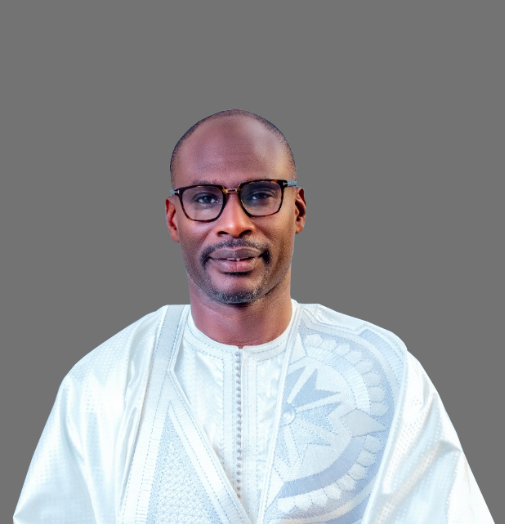
Former Interior Minister Mai Ahmad Fatty has urged government to reassess trade relations with the United States and advocate for fairer trade terms.
The US imposed a 10% reciprocal tariff on goods from The Gambia this month as part of a broader trade policy announced by President Donald Trump. This move is in response to the country’s existing 10% charge on US goods.
Reacting to this development, Mr .Fatty, also the leader of the Gambia Moral Congress said: “It is also important for us to review and reassess our trade relations with the US and advocate for fairer trade terms and seek to engage in dialogue to reverse or mitigate the tariff imposition.”
He added: “If diplomacy and negotiations fail, we should not hesitate to take countermeasures that protect Gambian interests.
After all, last year alone, US exports to The Gambia was a whopping USD80.6 million while comparatively our exports to the United States was a meager USD2 million.”
This, he added, means The Gambia’s balance of trade deficits with the US amounted to USD76.8 million in favour of the US.
“Who benefits more in these unequal trade relations? It is the US and not The Gambia. Trade-wise, this is leverage we can use. With potential constriction in global economies, it’s easy for The Gambia to build or expand new trade alliances and shift our monies elsewhere away from US markets, especially when the US does not reserve a monopoly over the type of goods we import. The Gambia should explore new and more favourable markets to substitute the US.”
However Mr Fatty admitted that the tariff increase and USAID project closures do have adverse consequences for sectors such as health.
“About 100% of our pharmaceutical needs are met through imports, making this sector exceptionally vulnerable to trade disruptions.
The imposition of tariffs on critical imports such as medicines, vaccines, and medical equipment exacerbates the challenges our healthcare system already faces. Moreover, The Gambia is a recipient of Global Fund assistance, particularly in the fight against tuberculosis, malaria, and other infectious diseases.”
He added that the reduction in available funding, coupled with tariff impositions on health-related imports, threatens the success of these vital programmes.
“To mitigate these risks, we must urgently invest in building a local pharmaceutical industry. Although local pharmaceutical manufacturing does not currently exist, we should explore ways to encourage private sector participation in this field. Through targeted incentives, such as tax breaks, infrastructure development, access to capital,and partnerships with global pharmaceutical giants, we can gradually build the capacity for local pharmaceutical production,” Fatty added.
This, he added, “Will help to reduce our dependence on imports and improve the resilience of our health system.”
“In the short term, we may negotiate with our international partners and the Global Fund to ensure that health interventions continue unimpeded. We may also explore other funding avenues, such as private-public partnerships, to sustain these critical programmes.”
In light of the tariff imposition and other external challenges, Fatty noted, “We must review and adjust our national budget to accommodate the current realities. We must be proactive in realigning our fiscal priorities to ensure that critical sectors such as healthcare, education, and infrastructure continue to receive the necessary funding, even in the face of reduced external support.”



